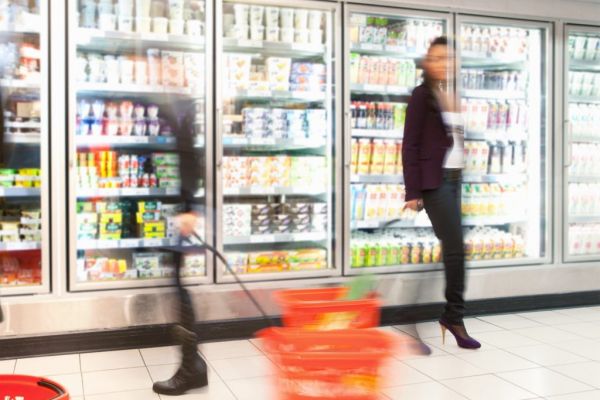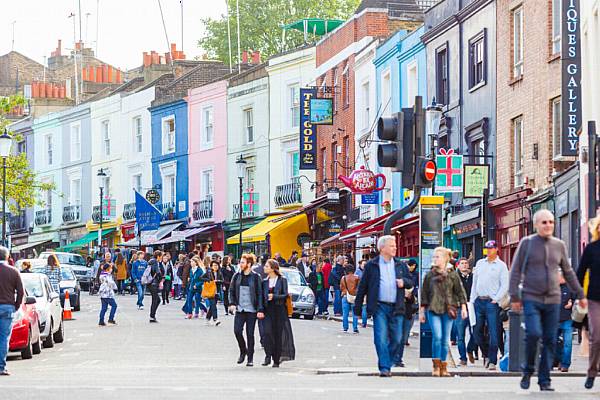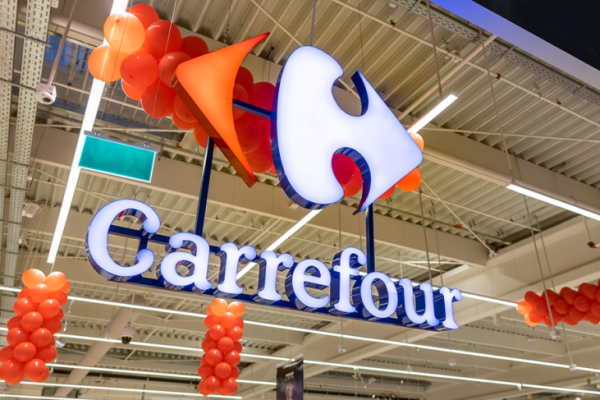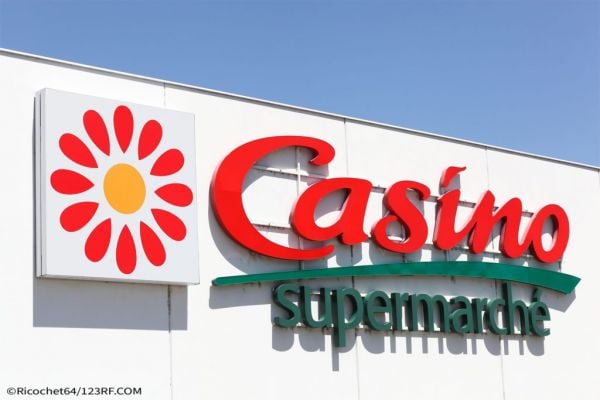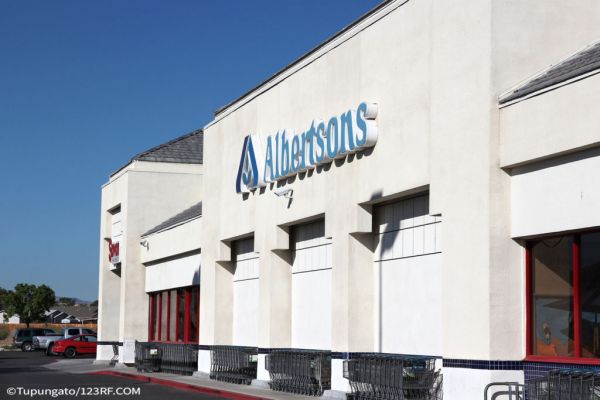In Africa, the retail industry has been undergoing major changes in recent years. With a growing number of consumers and increasing demand linked to changing eating habits, both local and foreign operators are faced with opportunities as well as challenges.
With that in mind, here are seven trends to watch in the African retail and food sectors in 2024.
1. Price-Sensitive Choices
Inflation will continue to be a challenge for businesses in the food and retail sectors in Africa this year. Last year was marked by rising inflation in several countries in which supermarkets are well established, such as Kenya and South Africa, as well as in high-potential countries like Nigeria.
Consumers have been affected by reduced purchasing power due to weak currency exchange rates, a difficult economic climate, and an increase in food prices in certain countries.
In this context, consumers are increasingly seeking value from supermarkets. Lower-priced products should see an increase in demand. Some retailers are already expanding their offering, introducing more affordable prices for lower-income consumers who are expected to adopt a cautious approach amidst economic uncertainty.
2. Online Food Ordering and Delivery
The last three years have seen an evolution in urban food consumption patterns. In several African countries, the use of home delivery services and digital business applications has accelerated, as have online sales.
Local online delivery retailers saw rapid expansion amid COVID-19 restrictions, and these new market dynamics did not disappear after the pandemic but have been permanently integrated into the structure of the food retail industry.
The online retail and delivery segments are expected to evolve positively again this year, given a rising number of consumers that have internet access, growing trust in online shopping, and improvements in delivery services for consumers who may live away from big cities.
3. A Growing Middle Class
The middle class will continue to drive growth opportunities in urban food consumption and food retail sales. The clientele of supermarkets and food retail businesses is likely to increase again this year across Africa, thanks to rapid urbanisation, the growing middle class, and demand for high-value-added products, mainly resulting from changing lifestyles.
In South Africa, for example, major retailers such as Shoprite, SPAR, Pick n Pay, and Woolworths are the main players taking advantage of this shopping boom.
4. Health And Wellness On The Rise
In Africa, as in the rest of the world, consumers have become more receptive to environmental and health issues. With this in mind, there is a growing demand for healthier food and beverage options perceived as natural.
Food preferences are shifting toward protein, fresh fruits, vegetable consumption, and other healthy foods, particularly among middle-class consumers with disposable income.
In this context, more companies are likely to pay attention this year to developing and selling products that meet this demand, such as non-preservative foods, organic foods, as well as products with reduced sugar and salt content.
5. Focus On Convenience
Convenience is a growing trend in Africa's fast-moving consumer goods market, due to the increasing number of time-pressed, middle-class consumers. There has been a rising demand for food that includes ready-to-eat meals, ready-to-cook options, prepacked fresh produce and meals, as well as convenience services.
In some countries, convenience stores operate extended hours or are open 24 hours, 7 days a week. There is also a growing need for convenience in delivery.
In South Africa, the biggest retailers, including Shoprite and Pick n Pay, have launched concepts that enable their shoppers to purchase goods online and have them delivered to their homes in as little as one hour sometimes.
6. Promotions and Shopper Experience
In Africa, while consumers are looking to take advantage of promotional offers, they are also seeking a better experience from their shopping trips. Both local and foreign brands entering the market attract customers through a variety of product promotions and convenience services, loyalty shopping cards, and special offers.
This year, retailers should continue to provide customers with a better shopping experience in order to retain and maintain customers in a competitive landscape.
7. Traditional Sales Resilience
While there are signs that modern retail is growing across the continent, a sizeable portion of the population still prefers to do their weekly shopping at traditional grocery retailers or open-air markets located in urban centres. In countries like Egypt, small traditional grocers remain the dominant retail outlet. These outlets offer a wide variety of food and beverage products and, in some cases, offer credit to buyers.
Some analysts predict that small grocery vendors will continue to hold a sizeable portion of the market over the rest of the decade – according to a report published by Boston Consulting Group, the traditional retail sector will account for 65% to 75% of sales in most of the region through at least 2030.
To keep up with the latest news from across Africa, check out ESM's Notes From Africa series.


